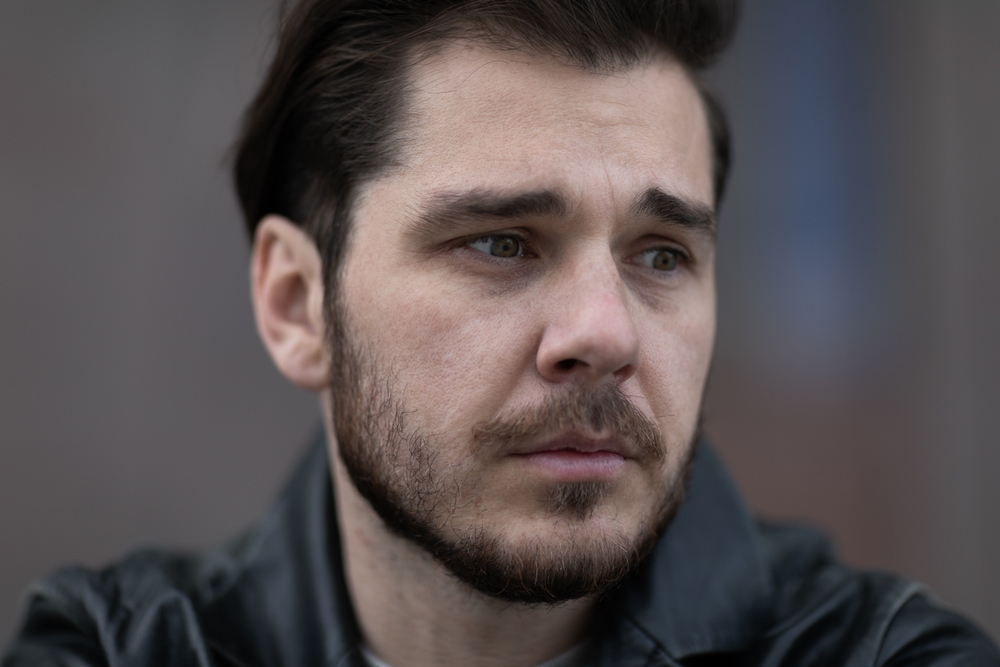So, you’ve just exited a relationship with a narcissist. First off, give yourself a pat on the back—that’s no small feat! But now you’re probably feeling like you’ve been hit by a truck, right? Don’t worry, you’re not alone. Breaking up with a narcissist is a unique rollercoaster ride that comes with its own special stages of grief. Let’s dive into these stages and remember, it’s okay to feel all of these things. Healing isn’t linear, so don’t beat yourself up. Ready? Let’s go!
1. The “What Just Happened?” Stage

This is where you’re standing in the mess your relationship left, blinking in confusion. You might feel dazed or like you’ve just woken up from a strange dream. Everything the narcissist ever told you is suddenly questionable, and you’re not sure what was real and what wasn’t. You feel like you’re living in some alternate universe and the reality of your new life is going to take some getting used to.
2. The Relief Stage
Sounds weird, but you might actually feel a sense of relief at first. Because let’s be real: when you’re in a relationship with a narcissist, it feels like you’ve been holding your breath underwater. The constant drama, the walking on eggshells, the emotional manipulation—it’s over. You can breathe again. Enjoy this stage. You’ve earned it!
3. The “Maybe It Wasn’t So Bad” Stage

Ah, here comes the denial. You might start getting flashbacks to only the good times, conveniently forgetting all the manipulation and emotional abuse. Don’t fall for it—this is just your brain trying to protect you from pain and it’s also when you’re most vulnerable to getting sucked back in.
4. The Angry Stage

Suddenly, you’re furious. You’re angry at the narcissist for treating you badly, angry at yourself for putting up with it, angry at the world for letting narcissists exist, just plain angry. This anger is healthy and normal. Let it out (in safe, constructive ways, of course—like with a trusted friend or therapist). It’s part of your healing process.
5. The Detective Stage

Now you’re on a mission to understand what the heck just happened to you. You’re googling narcissism at 3 AM, joining support groups, and analyzing every interaction you ever had. This is good! Understanding is a helpful tool when it comes to healing. But you know what is a helpful healing tool? Sleep.
6. The “It’s All My Fault” Stage

Self-blame is a common pit stop on this journey. You might think, “If only I’d been better/smarter/prettier, they would have treated me right.” Nope, stop that immediately. Narcissist’s behavior is all on them—not you. And you can’t fix a narcissist by being perfect, you’re amazing just as you are, and if someone can’t see that…well, bye-bye.
7. The Grieving Stage

This is where you mourn the relationship—not as it was, but as you wished it could have been. You’re grieving the future you thought you’d have like sharing a home and a dog and maybe children with this person. You’re also grieving the person you thought the narcissist was (kind and caring) when in reality they were mean and callous. It’s okay to be sad. Let those tears flow.
8. The Identity Crisis

Who are you without the narcissist? You might feel lost, and unsure of your own likes, dislikes, and values. This is normal. Why? Because the narcissist likely took up a lot of space in your life, to the point where you didn’t have time to think about yourself. They also might’ve shadily influenced your thoughts and choices to match what they wanted. But now it’s time to rediscover yourself.
9. The Trust Issues Stage

Congratulations, you now have trust issues! You might find yourself suspicious of everyone’s motives, waiting for the other shoe to drop, and just feeling a general sense of unease. While it’s good to be cautious, remember not everyone is a narcissist. There are good people out there.
10. The Obsession Stage

You might find yourself obsessively checking their social media, asking mutual friends for updates, or even driving by their house. This is so normal but please try your best to resist this urge! Not only does it prolong your pain and delay your healing, but it also makes you vulnerable to being pulled back into the narcissist’s orbit.
11. The “What If They’ve Changed?” Stage

Dangerous waters ahead! You might start wondering if the narcissist has changed. Maybe things could be different this time—they just need to be a little nicer and you could handle it. But here’s the thing, according to a study, narcissists typically don’t change. They won’t even admit they have a problem in the first place—and it’s pretty impossible to change without that.
12. The Physical Symptoms Stage

According to Healthline, grief can manifest physically. You might experience fatigue, aches, or even illness. That’s just because your body is processing the stress and trauma. Be gentle with yourself and don’t hesitate to seek medical help if needed.
13. The “Leveling Up” Stage

Slowly but surely, you’re starting to feel stronger. You’re recognizing your own worth, setting healthier boundaries, and maybe even feeling grateful for the lessons learned. You’re leveling up, and that’s amazing!
14. The Reality Check

You’re starting to see the relationship for what it really was, without the fog of manipulation. This can be painful, but it’s a crucial step in healing and protecting yourself in the future.
15. The Self-Love Stage

Here’s where the magic happens. You’re starting to truly love and appreciate yourself. You’re recognizing your strength, your resilience, your worth. Keep nurturing this self-love—it’s your lifeline!
16. The Moving On Stage

Finally, you’re reaching a place where the narcissist doesn’t occupy your every thought. You’re focused on your own life and your own joy—and that’s incredible. You might even be ready to consider a new, healthier relationship. How exciting!









